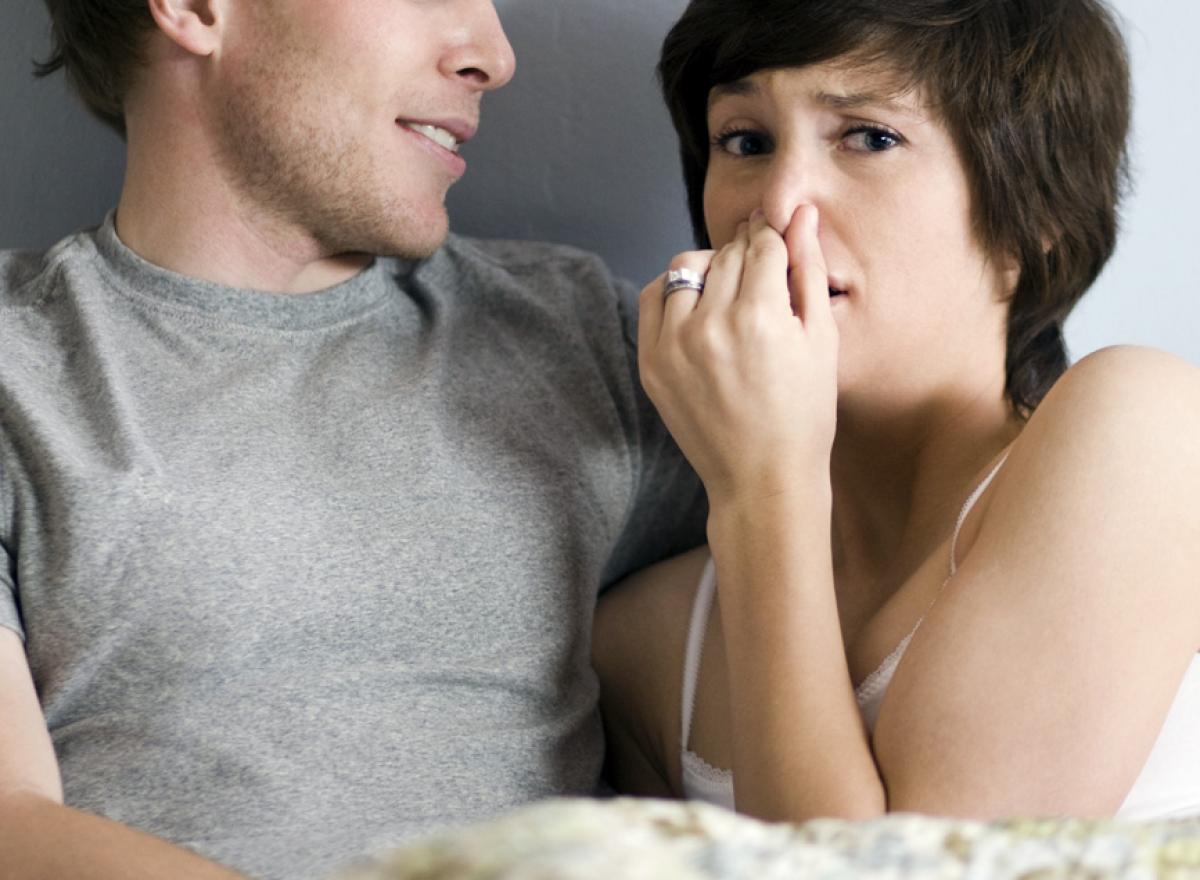SAQ sample: Evolution
 The following SAQ addresses the question: Explain one evolutionary explanation of one behaviour.
The following SAQ addresses the question: Explain one evolutionary explanation of one behaviour.
The sample below is an exemplary response.
An annotated copy of the sample response can be found at the bottom of the page.
What is this question asking for?
- Identify one evolutionary explanation of behaviour: natural selection or sexual selection.
- The behaviour should be clearly identified.
- The theory and study should be clearly described.
- There should be a clear explanation of what the study potentially teaches us about the role of evolution in human behaviour.
- The response should have only one example.
Sample response
Evolutionary arguments have been used to explain human mating behaviour. Evolutionary psychologists argue that our behaviours are the result of natural selection – that means that the behaviours that most improve our chances of handing down our genes and producing healthy offspring have an evolutionary advantage.
Wedekind (1995) carried out a study to see to what extent MHC alleles play a role in mating behaviour. MHC alleles are responsible for our immune systems. They are inherited from both of our parents – and they are codominant. That means we end up with both immune systems. He argued that our “smell” is based on our MHC and it is best for a woman to choose a mating partner who has a different smell in order to maximize the immune system of her child.
Students were used in the study. The men were asked to wear a t-shirt for two nights. They were also told not to wear any perfume or perfumed soap, to avoid spicy food, smoking and alcohol. They were told not to do anything that would change their natural smell.
Two days later the women were asked to rank the smell of the t-shirts. They were tested in the second week after the beginning of menstruation when they have a better sense of smell. T-shirts were placed into boxes with a “smelling hole.” 3 boxes contained t-shirts from men with the same MHC as the woman, three were different and one was unworn. Every woman rated the shirts for their “pleasantness.”
The women scored the t-shirts as more pleasant when the MHC was different than their own. This suggests that natural selection may play a role in human mate selection. If the woman’s mate has a different MHC allele, then both his allele and her allele will be inherited and expressed by a child, thus increasing its immune system and chances of survival.
What are the common problems for this question?
- No actual behaviour is identified.
- A study is described, but the explanation of the evolutionary argument is missing.
- A genetics argument is made, rather than an evolutionary argument. Although they could be the same thing, the role of evolution must be the focus of the response.
- A long outline of Darwinian evolutionary theory is presented, which is not made relevant to human behaviour.

 IB Docs (2) Team
IB Docs (2) Team
